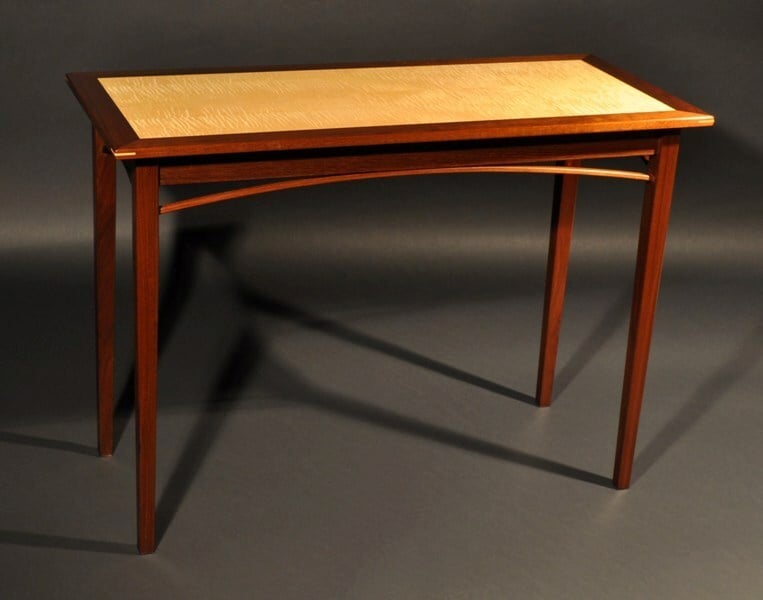Discover the magic of the internet at Imgur, a community powered entertainment destination. Lift your spirits with funny jokes, trending memes, entertaining gifs, inspiring stories, viral videos, and so much more from users like cloudane.
Doesn’t seem flat enough to me. I’ve always heard the tablesaw is the flattest surface in your shop. Is this okay?
A shop built cab and a fine woodworking dresser are very different things and the tolerances are much tighter on one than the other. Kitchen cabinets have maybe one moving part, a door, and are usually painted, meaning gaps can be filled and tolerances can be lower. A dresser that’s going to be finished with a stain needs to be made from hardwood, not plywood, and any moving parts like drawers need to be made with very close tolerances, especially if they aren’t on mechanical slides. Hardwood expands and contracts a lot more than plywood, which also needs to be accounted for. Having built a lot of both I feel safe saying the table saw being flat might not matter for plywood cabinets, but absolutely does for hardwood furniture. Like, I used to shim my workbench back to true on humid mornings or the legs on a project might wobble causing me to think they’re off. Everything has to be flat
I can’t speak from extensive personal experience but having seen the stuff that he created I can say the flatness of his work area never seemed to bother him much or the final outcome. He made everything from huge custom kitchens to all hardwood boutique furniture and even fully functioning looms for Shaker Village. I used to have a ton of photos but they were lost with my old phone. This is the only one I’ve currently got. Obviously you can’t tell the quality immediately from a photo but you can at least get an idea.
A shop built cab and a fine woodworking dresser are very different things and the tolerances are much tighter on one than the other. Kitchen cabinets have maybe one moving part, a door, and are usually painted, meaning gaps can be filled and tolerances can be lower. A dresser that’s going to be finished with a stain needs to be made from hardwood, not plywood, and any moving parts like drawers need to be made with very close tolerances, especially if they aren’t on mechanical slides. Hardwood expands and contracts a lot more than plywood, which also needs to be accounted for. Having built a lot of both I feel safe saying the table saw being flat might not matter for plywood cabinets, but absolutely does for hardwood furniture. Like, I used to shim my workbench back to true on humid mornings or the legs on a project might wobble causing me to think they’re off. Everything has to be flat
I can’t speak from extensive personal experience but having seen the stuff that he created I can say the flatness of his work area never seemed to bother him much or the final outcome. He made everything from huge custom kitchens to all hardwood boutique furniture and even fully functioning looms for Shaker Village. I used to have a ton of photos but they were lost with my old phone. This is the only one I’ve currently got. Obviously you can’t tell the quality immediately from a photo but you can at least get an idea.
That’s a really nice piece, and a testament to what a skilled woodworker can do with less than favorable environments/tools.